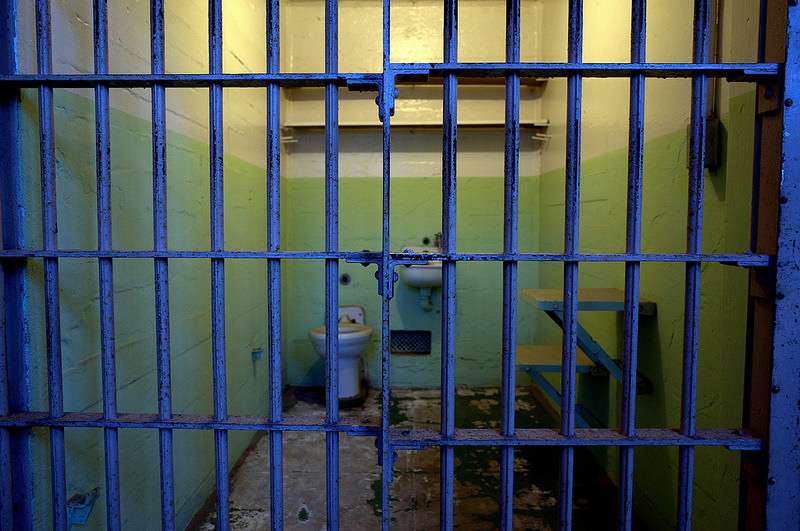White House Seems Opposed to Drug War Reforms that Reduce Prosecutor Leverage
When mercy gets in the way of ambition.


In June, Jacob Sullum noted the introduction of the Safe, Accountable, Fair and Effective (SAFE) Justice Act by the bipartisan combo of Rep. Jim Sensenbrenner (R-Wis.) and Rep. Bobby Scott (D-Va.). The SAFE Justice Act is intended to scale back some of the harshness of the drug war on the federal level, pushing mandatory minimum sentences toward high-level traffickers, increasing diversion options rather than prison sentences, and eliminating federal penalties for simple drug possession, leaving that to the states, among other changes.
While there is bipartisan support for sentencing reform, and President Barack Obama is calling for changes and commuting sentences of currently jailed drug offenders, BuzzFeed is reporting that the White House has problems with some of the contents of the SAFE Justice Act. If BuzzFeed's unnamed sources are accurate, the White House (or probably more accurately, the Department of Justice) is concerned that "safety valves" for low-level offenders would make it harder for prosecutors to intimidate them into service to help fight the bigger fights of the drug war:
BuzzFeed News learned that several weeks ago, during a closed-door meeting where members of the Obama administration were present, the White House was not enthusiastic about the most recent draft of the SAFE Act and expressed concerns around several of the bills provisions pertaining to sentencing for both first-time and repeat low-level drug offenders.
The changes would push many of those cases toward probation. In the past, prosecutors have been skeptical of this kind of change, saying it makes it harder for them to leverage fear of prison among low-level offenders to net bigger fish. Since that meeting, according to multiple sources, the administration has expressed its concerns about the bill in other closed-door venues.
Unfortunately the story doesn't get much more specific than that. Rep. Scott seems to think it's not a big deal and changes can be hammered out. The law is still being drafted.
But it is particularly telling that prosecutors' top concern is not what would be a just or appropriate response to low-level drug crimes and the people that get caught up in this brutal system, but how mercy could impact their ambitions at being big drug war heroes someday.


Show Comments (38)